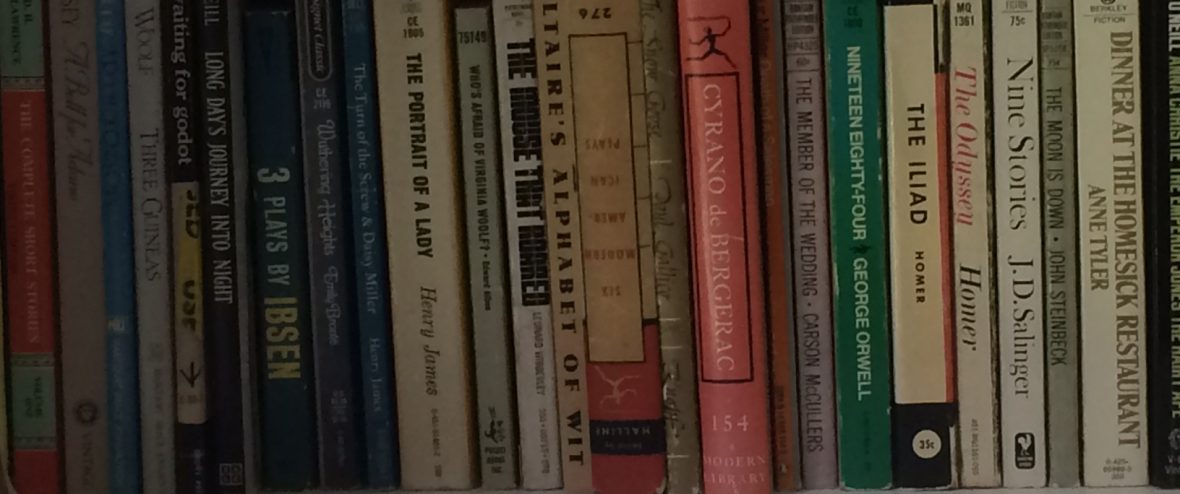What would you do to be with your children?
This is the central question that Rehana Haque is faced with when widowed in East Pakistan.
The story opens with Rehana, freshly widowed, losing custody of her children to her brother and sister-in-law, who take them thousands of miles away from her. We learn that she will need more money to persuade the courts that she can care for them on her own.
Fast forward, we join a gathering of the 10th celebration of the children’s return to their mother. The children, son Sohail and daughter Maya are now university students. Rehana was able to get her children back, even though she never remarried. She was able to build a small home behind her large one, and rented the bigger home to a Hindi family. She built a community of women around her, and was comfortable and caring to others.
The world around them is also changing. The elected Bengali official Sheikh Mujibur Rahman is arrested and barred from taking office by West Pakistani Punjabi and Pathans. A massacre was led by the West Pakistani to decimate the Bengali community they looked down on. Scores are forced to flee. This is when Rehana’s tenants allow their religious community onto the property to be safe from the massacre. Rehana – a non-Bengali originally from India – unhesitatingly opened her arms, and her limited resources, to make sure these refugees are feed.
The arrest leads to students – including Maya and Sohail – joining the revolution. Sohail sees his mother’s love and undying devotion to him and requests her help for the rebels. She allows them to bring ammunition and people to stay and train in her yard. She gathers her friends to make blankets from silk saris for the rebels. She does all she can, without real thought to her safety, but always for her children’s. After a detonation that severely injured a rebel general, Sohail brings him to his mother for safety. Soon after, Maya is sent to Calcutta to write press releases for the movement and help at refugee camps.
As Rehana helps the general heal from his wounds, she finds herself attracted to him. She opens herself and shares her secrets of how far she has gone to protect her children. At this time, Sohail again asks his mother for intervention to gain the release of a man that married the girl Sohail loved. Rehana, unable to deny her child anything, goes to her brother and requests help. The tortured man she brings home, however, sickens her to what had been done to people. She flees to go to Maya. While there she ministers to those in the refugee camps, especially her former tenant’s wife.
Through all Rehana’s actions, she has been finding her voice, her desires, and her own strength. While this is a tale of a woman alone standing for herself, she also represents the spirit of Bangladesh. As the country is starting out, they too need to learn of their voice and strength. What both Rehana and Bangladesh will do for their children is almost anything. It is that love and understanding by everyone – those that sacrifice and those that are sacrificed – that brings about independence.
